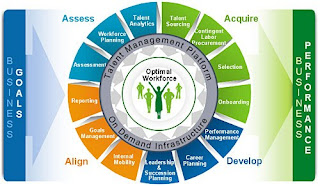- Top level management - It is at the head of the organization. It consists of the representative of the shareholders, the board of directer, the chief executive and senior executives. They are the ultimate level of authority in the operation of the enterprises. They set the objectives, define the goals, establish the policies, see that the policies are put into effect and judge the results.The functions of the top level management are as follows.
- Determine the objectives of the business.
- formulating broad policies of the business.
- Taking important decisions.
- Deciding the future line of action.
- Assembling the resources needed to put the plans into operations.
- Interpreting and communicating the policies of the top level management.
- Determining organizational set up of their departments.
- Issuing instruction to low level management.
- Motivating subordinates for higher productivity and rewarding them.
- Recommonding revised and ammended policies of their departments.
3. Lower level of management - It is also known as first line management or supervisory management. This is made of forermen and supervisors, men and women who are only one step above the rank. They are responsible for the implementation of plans and strategies developed by middle level management. Following are the functions of lower level management.
- Working as link between middle level management and top level.
- Receiving instructions from middle level bosses and carrying out instruction in the day to day affairs of the business.
- Assigning duties to individuals workers.
- Maintainingg proper discipline and congineil atmostphere ib the works.






